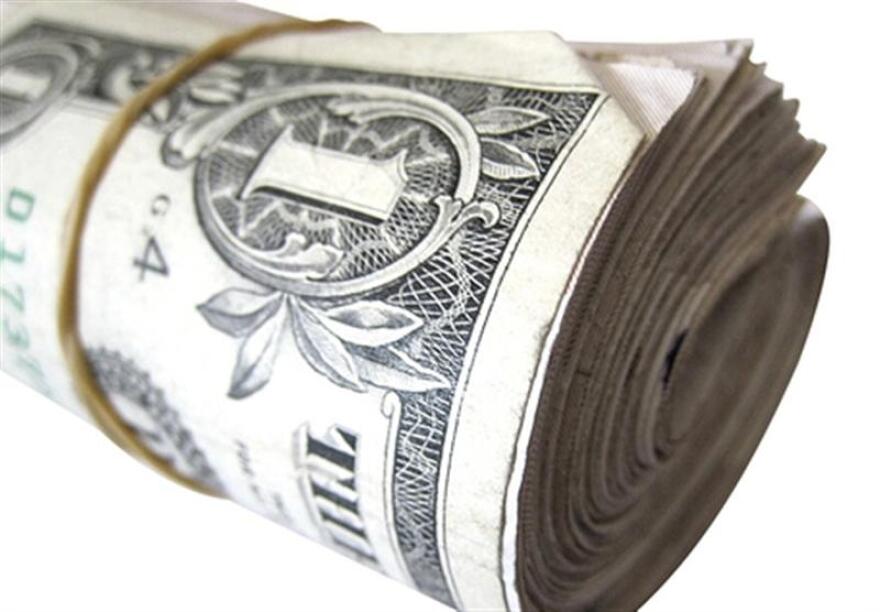The $1.9 trillion American Rescue Plan passed in March is bringing at least $1.5 billion to New Hampshire.
The U.S. Treasury announced Monday that the state will receive $994.5 million. The state’s 10 counties are sharing $264 million, and five qualifying cities will split the remaining $86 million. There will be an additional $112 million coming to the state’s smaller “governmental divisions,” such as towns, villages, and water precincts, but the breakdown was not released Monday.
(This story originally appeared in New Hampshire Bulletin.)
“It’s not my phrase, but I’ve heard it described as a once-in-a-generation investment,” said Becky Benvenuti, government finance adviser for the New Hampshire Municipal Association. “We have heard from communities that this is very welcome.”
The nearly $2 trillion American Rescue Plan included $195 billion for states and the District of Columbia; $65 billion for counties; $45.6 billion for 142 metropolitan cities; $20 billion for tribal governments; and $19.5 billion for smaller local governments that are not counties, generally with populations of fewer than 50,000.
Some of the money could arrive as early as this month.
New Hampshire officials can use the money for a wide range of expenses related to COVID-19 response. This includes paying for vaccination clinics and mental health treatment; mitigating financial impacts to workers, households, and small businesses; replacing public sector revenue; increasing pay to essential workers; and investing in the state’s water, sewer, and broadband infrastructure.
In guidance issued Monday, Treasury said states cannot put the money into pension funds, award it to a private nonprofit, or use it to offset a reduction in net tax revenue resulting from a change in law or regulations.
Among the state’s 10 counties, Hillsborough and Rockingham counties are receiving the most at $81 million and $60.2 million, respectively. Coos and Sullivan counties will receive the least, $6.1 million and $8.2 million, respectively.
Of the five cities, Manchester is expecting the most at $43.3 million, followed by Nashua at $16.1.
Manchester Mayor Joyce Craig recently surveyed city residents about how the pandemic had affected them and how they’d like to see the relief money used. She released the results of that survey Thursday and said Monday that feedback will guide her budget proposal to the Board of Mayor and Aldermen.
Of the 159 people who responded, nearly 32 percent named improvements to transportation, infrastructure, and recreation as the most important. About 28 percent wanted the money put toward affordable housing and assisting those experiencing homelessness. Investments in education and downtown were priorities for 10 percent of respondents, while 7 percent named public health improvements.
“I’m not sure there’s ever been this level of investment directly to Mancheter or the other communities,” Craig said.
She added in a written statement, “I’m thankful these funds can be used to address many of the challenges we faced caused by COVID-19, giving us the opportunity to help residents, support small businesses, increase affordable housing options, and make investments in city infrastructure.”
Gov. Chris Sununu’s office could not be reached on Monday. In March, Sununu criticized the plan, urged the New Hampshire delegation to vote against it, and has not said whether he would accept the state’s portion of the money. Among his complaints has been the use of unemployment rates to determine awards.
Most of the money headed to states was split proportionally, with more money going to states with higher unemployment numbers. New Hampshire has one of the lowest unemployment rates in the country.
Monday’s financial awards came with 150 pages of guidance that Benvenuti said is going to take recipients time to digest. She said there may be an opportunity for municipalities and counties to partner with the state, local schools, and nonprofits that have received separate pandemic-related funding.
“It’s going to take some real community planning to maximize use of those funds,” Benvenuti said.
New Hampshire Bulletin is part of States Newsroom, a network of news bureaus supported by grants and a coalition of donors as a 501c(3) public charity. New Hampshire Bulletin maintains editorial independence. Contact Editor Dana Wormald for questions: info@newhampshirebulletin.com. Follow New Hampshire Bulletin on Facebook and Twitter.







